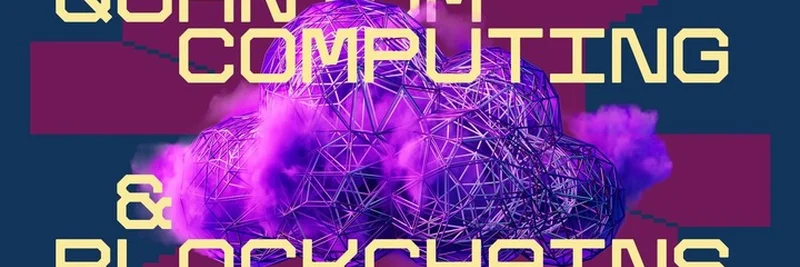In the fast-paced world of crypto and blockchain startups, building a successful company often feels like leveling up in a video game. You start with basic skills and have to strategically allocate your "skill points" to thrive. Austin King, cofounder of Omni Foundation and a Harvard computer science grad, recently shared his personal journey on X (formerly Twitter), framing entrepreneurship as a "founder skill tree." His insights are gold for anyone diving into meme tokens, DeFi protocols, or any blockchain project.
Austin kicks off by noting that most first-time founders are novices in nearly everything. You might excel in one area, like business development (BD) or engineering, but success demands a well-rounded team. That's why finding a cofounder with complementary skills—like a BD expert pairing with an engineer—is crucial. It's the classic duo that powers many startups forward.
Reflecting on his early days, Austin recounts hustling in high school, building small businesses, and earning a few thousand bucks. He tried outsourcing app development, only to get burned when the dev pocketed the cash without delivering. Frustrated and broke, he pivoted to self-reliance, studying computer science at Harvard. But even that elite education focused more on theory than practical system-building.
Post-graduation, Austin dove into his first company as CEO while grinding to learn real engineering. Luck struck when Ripple acquired it, but he admits his BD skills were just barely sufficient for the deal. For his second venture, he leveled up in sales, pulling $50 million into a DeFi protocol shortly after launch—without any public marketing. Impressive, right? But then the Terra collapse triggered industry-wide chaos, freezing progress for years.
During that downtime, Austin wishes he'd focused on product skills—the bedrock of any thriving business. Instead, he mastered marketing, gaming social algorithms on X to rack up millions of impressions for Omni Foundation. His personal account alone drove 25 million views in a year, with 16 million in just two months. Yet, without product-market fit (PMF), all those eyeballs didn't translate to real user growth.
After seven years of building, Austin now sees product as the skill branch he should've maxed out early. His latest private launch at Omni shows promising signs, thanks to a disciplined approach. For aspiring founders in the meme token space, where hype can outpace substance, this is a wake-up call: prioritize product over pure marketing buzz.
Leveling Up in Marketing and Product
Austin shares tactical advice on skill-building. For marketing, he went deep—analyzing every tweet from popular crypto accounts to spot engagement patterns. Replicating those tactics helped him distribute content effectively. It's a pragmatic, data-driven method anyone can try, especially for promoting meme tokens on social platforms.
But product is where the real magic happens. Austin recommends three must-read books to get started:
- The Lean Startup by Eric Ries: This introduces the mindset for building products iteratively in a startup environment.
- The Mom Test by Rob Fitzpatrick: Learn how to talk to potential customers without leading them to biased answers.
- The Four Steps to the Epiphany by Steve Blank: A step-by-step framework for customer development and validating ideas.
His tip? Follow the intensive process in Four Steps: Talk to at least five prospective customers weekly. If you're not, you're falling behind. For blockchain practitioners eyeing meme tokens, this means constantly chatting with community members to refine your project's utility and appeal.
At Omni, they're applying this to a new perp DEX product (perpetual decentralized exchange, for trading futures without expiration). Though not public yet, early feedback is positive. Austin's open DMs signal a community-focused approach—key in crypto where user trust drives adoption.
Key Takeaways for Blockchain Builders
Austin's story underscores that entrepreneurship is a marathon of continuous learning. Meme token creators, often starting with viral ideas, can apply this by balancing hype with solid product foundations. Don't just chase impressions; ensure your token solves a real problem or delivers genuine fun and value.
Whether you're a solo founder or part of a team, assess your skill tree. Where are your gaps? Seek cofounders, read those books, and talk to users relentlessly. In the volatile world of blockchain, maxing out the right skills at the right time can mean the difference between a quick flop and lasting success.
As Austin wraps up, he's optimistic about Omni's trajectory and his growth. For more insights, check out his X thread here. If you're building in crypto, what's your top skill to level up next? Share in the comments!

